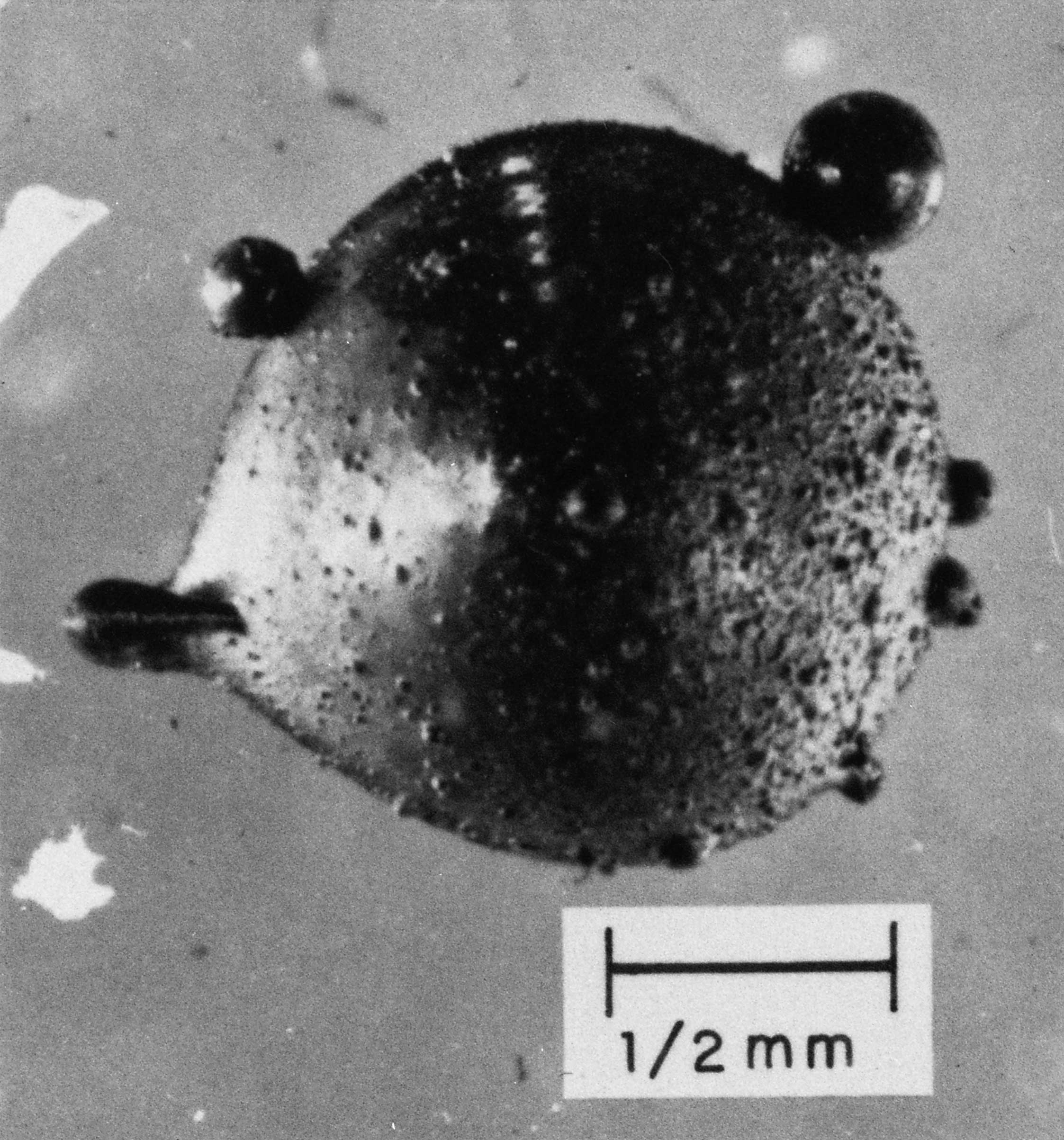Radioactive Fallout
Fallout is the radioactive particles that fall to earth as a result of a nuclear explosion. It consists of weapon debris, fission products, and, in the case of a ground burst, radiated soil. Fallout particles vary in size from thousandths of a millimeter to several millimeters. Much of this material falls directly back down close to ground zero within several minutes after the explosion, but some travels high into the atmosphere. This material will be dispersed over the earth during the following hours, days (and) months. Fallout is defined as one of two types: early fallout, within the first 24 hours after an explosion, or delayed fallout, which occurs days or years later.
Most of the radiation hazard from nuclear bursts comes from short-lived radionuclides external to the body; these are generally confined to the locality downwind of the weapon burst point. This radiation hazard comes from radioactive fission fragments with half-lives of seconds to a few months, and from soil and other materials in the vicinity of the burst made radioactive by the intense neutron flux.

Most of the particles decay rapidly. Even so, beyond the blast radius of the exploding weapons there would be areas (hot spots) the survivors could not enter because of radioactive contamination from long-lived radioactive isotopes like strontium 90 or cesium 137. For the survivors of a nuclear war, this lingering radiation hazard could represent a grave threat for as long as 1 to 5 years after the attack.
Predictions of the amount and levels of the radioactive fallout are difficult because of several factors. These include; the yield and design of the weapon, the height of the explosion, the nature of the surface beneath the point of burst, and the meteorological conditions, such as wind direction and speed.
An air burst can produce minimal fallout if the fireball does not touch the ground. On the other hand, a nuclear explosion occurring at or near the earth's surface can result in severe contamination by the radioactive fallout.